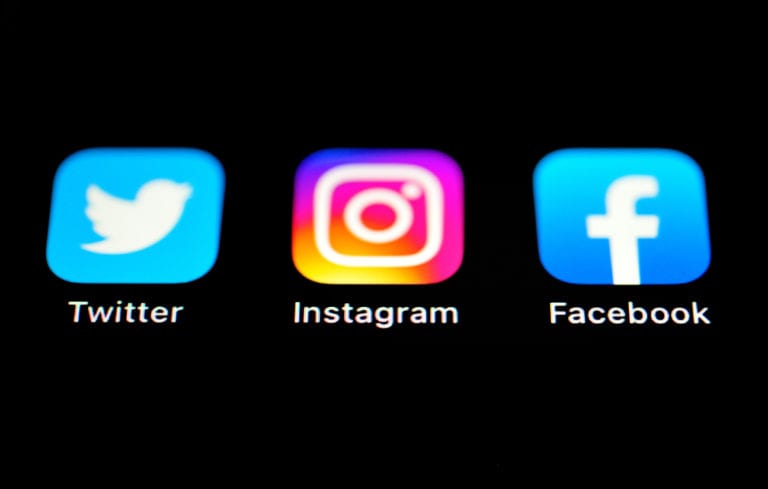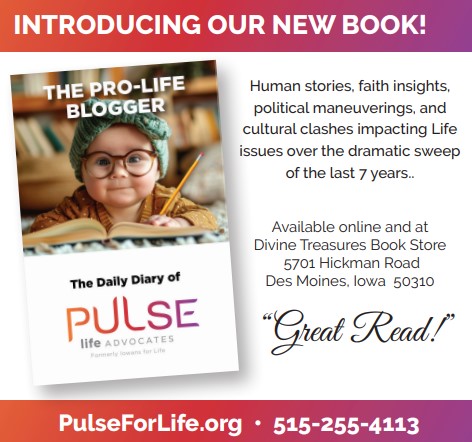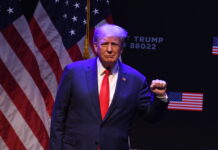Judicial Watch has uncovered critical new details in the secret history of the 2020 election: how state government officials—at times interfacing with the Biden presidential campaign—colluded with Twitter, Facebook, and YouTube to censor freedom of speech.
The new information raises enormous constitutional and legal questions. It challenges the conventional wisdom that the companies are operating solely as private actors and can remove or ban users of their services as they see fit, with no violation of First Amendment rights.
The new documents “suggest a conspiracy against the First Amendment rights of Americans,” said Judicial Watch President Tom Fitton. “These documents blow up the big lie that Big Tech censorship is ‘private’—as the documents show collusion between a whole group of government officials in multiple states to suppress speech about election controversies.”
In California, we obtained more than 500 pages of documents showing how a state agency, the Office of Election Cybersecurity, tracked social media commentary and pushed Big Tech to take down posts. Included in the documents were so-called “Misinformation Daily Briefings” from the communications firm SKDK. The firm also was deeply involved in the Biden presidential campaign, developing its mail-in voting program for four key electoral states: Pennsylvania, Michigan, Wisconsin, and Arizona.
For Big Tech and state officials, questioning the wisdom of mail-in voting was not allowed. On September 11, 2020, when JW’s Tom Fitton made the common-sense observation on Twitter that “mailing 51 million ballots to those who haven’t asked for increases risk of voter fraud and intimidation,” SKDK put him in its “misinformation brief” to California election security officials.
(In January, Twitter suspended Tom for tweeting another common-sense observation—“hydroxychloroquine is a safe drug”—a comment he had several times earlier made on Twitter and which the tech giant earlier had found not to be in violation of its rules. Read more on the incident here.)
California officials went after Tom again on September 24, falsely stating that he claimed in a YouTube video that Democrats would benefit from incorrect voter rolls and ballot collection. In the video, in fact, Tom was updating viewers about Judicial Watch’s highly successful, non-partisan lawsuit settlement with Los Angeles County to clean up voter rolls. Judicial Watch is a national leader in a non-partisan effort to clean up voter rolls.
California officials directly contacted YouTube complaining about the Judicial Watch video. Three days later, the video was deleted from YouTube.
In Iowa, Judicial Watch obtained 624 pages of records revealing how state officials pressured Twitter and Facebook to censor posts about the 2020 election. Included in the records were emails pressing the companies to remove Judicial Watch posts.
The emails show how the state agency successfully worked with Facebook to censor a Judicial Watch post about Iowa’s management of its voter rolls:
An Iowa state official emailed Facebook official Rachel Holland complaining that a Judicial Watch story on Iowa’s management of voter rolls was “false.” (It wasn’t.) The time stamp on the email is 5:19 p.m.
By 6:11 p.m., Facebook hit back. Facebook factcheckers “have rated this content false,” Holland wrote the Iowa official, “and we have applied a filter over this content warning users.”
Read more on Judicial Watch’s Iowa case here.
Read more on the California case here.
Of course it’s not just Judicial Watch in the crosshairs of companies like Twitter, YouTube, and Facebook. On Wednesday, Facebook moved to continue its ban on Donald Trump, now a private citizen. Judicial Watch has argued that the ban is an affront to First Amendment protections of free speech, peaceable assembly, and the right to petition the government.
It’s also an ominous sign that Big Tech censorship is growing—and growing bolder. “If they can ban President Trump,” warned House Minority Leader Kevin McCarthy, “all conservative voices could be next.”
Micah Morrison is chief investigative reporter for Judicial Watch. Follow him on Twitter @micah_morrison. Tips: [email protected]
















